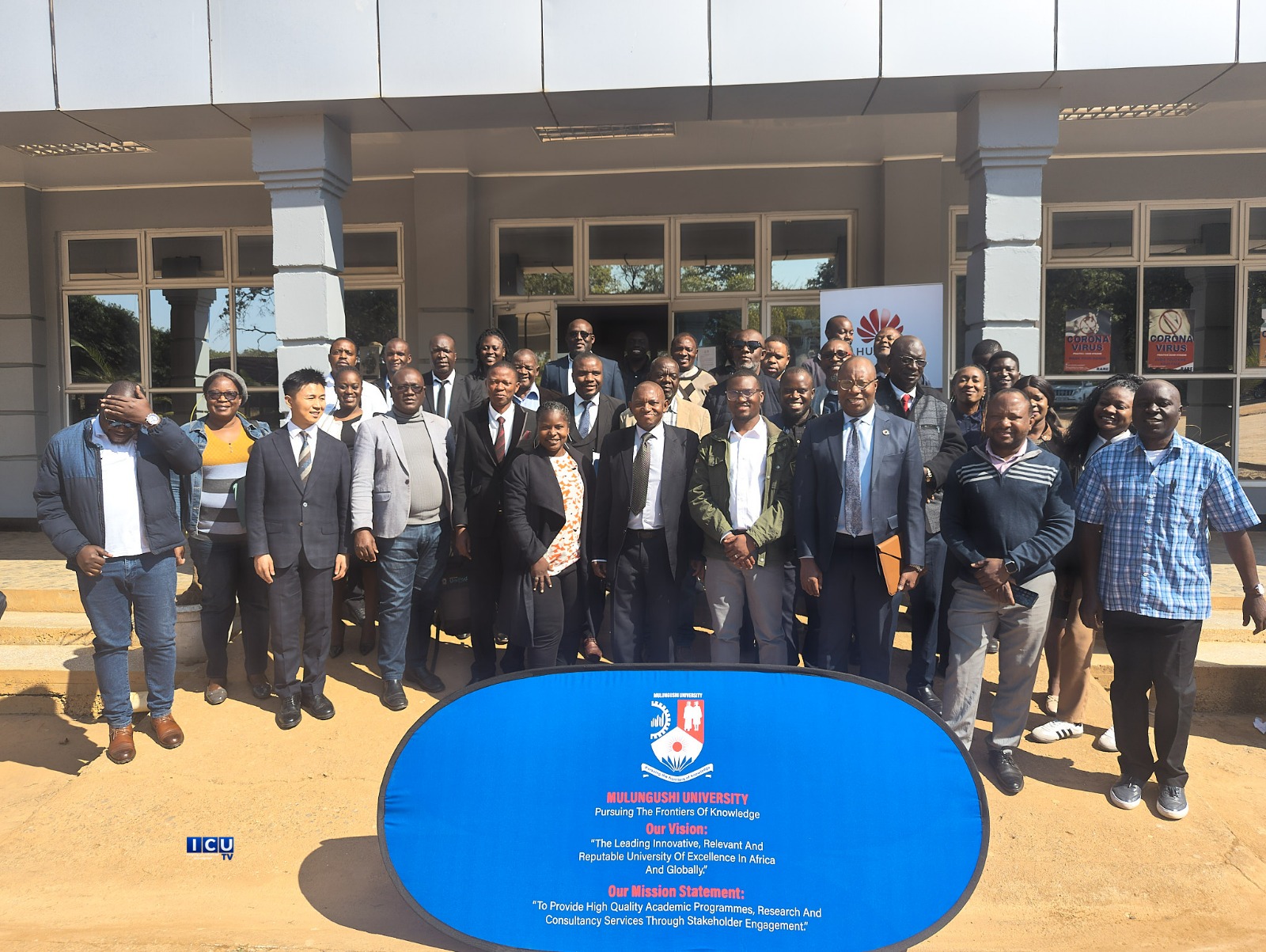Zambia Moves To Develop National Generative Ai In Education Policy

The Ministry of Education has underscored the urgent need for a national framework to regulate the use of generative artificial intelligence (AI) technologies in Zambia’s higher education and TEVET institutions.
Speaking during the National Generative AI in Education Policy Drafting Workshop held from 17th to 18th July at Mulungushi University in Kabwe, Acting Director for University Education, Mr. Brian Makufele, noted that AI tools such as ChatGPT and DeepSeek are advancing faster than educational policies and institutional readiness.
He expressed concern that many students are already using these tools extensively often ahead of their lecturers within an unregulated environment.
Mr. Makufele warns of critical challenges such as academic dishonesty, data privacy concerns, and digital inequality, stressing that institutions unable to adapt may face setbacks similar to those experienced during the COVID-19 pandemic.
He calls for urgent capacity building through training and reskilling, describing the workshop as a vital step toward establishing a unified national AI policy in education.
Mr. Makufele also outlines key expectations for the draft policy, including clear usage guidelines, implementation strategies, institutional alignment, and broad stakeholder consultation.
Participants from various institutions also shared their experiences and concerns regarding generative AI, including over-dependence on AI-generated content data privacy risks, and unequal access to digital tools particularly in rural institutions.
Despite the challenges, some participants highlighted the potential benefits of AI in enhancing learning outcomes.
As part of the workshop activities, participants were tasked with developing draft institutional AI policies and presenting their proposals. These group exercises encouraged reflection on ethical considerations, local contexts, and institutional readiness.
The workshop was coordinated by the IIOE Zambia National Centre under the guidance of UNESCO’s International Center for Higher Education Innovations (UNESCO ICHEI).
Each institution was represented by a multidisciplinary, gender-balanced team, contributing to what is expected to become Zambia’s first unified AI policy for higher education.
Meanwhile, Dean of the School of Engineering and Technology at Mulungushi University, Dr. Brian Halubanza explained that the policy initiative follows a recent AI education summit.
He says the goal is to guide students and academic staff on the ethical and responsible use of AI tools.
Dr. Halubanza also reveals that the university, in collaboration with UNESCO, has introduced a short course titled "Teaching with AI: Practical Tips and Prompts," and hopes more institutions will encourage staff participation.
He emphasized the importance of managing the growing use of AI among students and ensuring it contributes meaningfully to Zambia’s development.
Dr. Brian Halubanza, who is also the Coordinator for the International Institute of Online Education (IIOE) Zambia National Centre under the auspices of UNESCO’s International Centre for Higher Education Innovation (UNESCO ICHEI), says the university aims to train more academic personnel to keep pace with the evolving education landscape.
The development of Zambia’s first national generative AI policy marks a critical step toward future-proofing the education system and ensuring that innovation is matched with responsibility, equity, and ethical standards.
